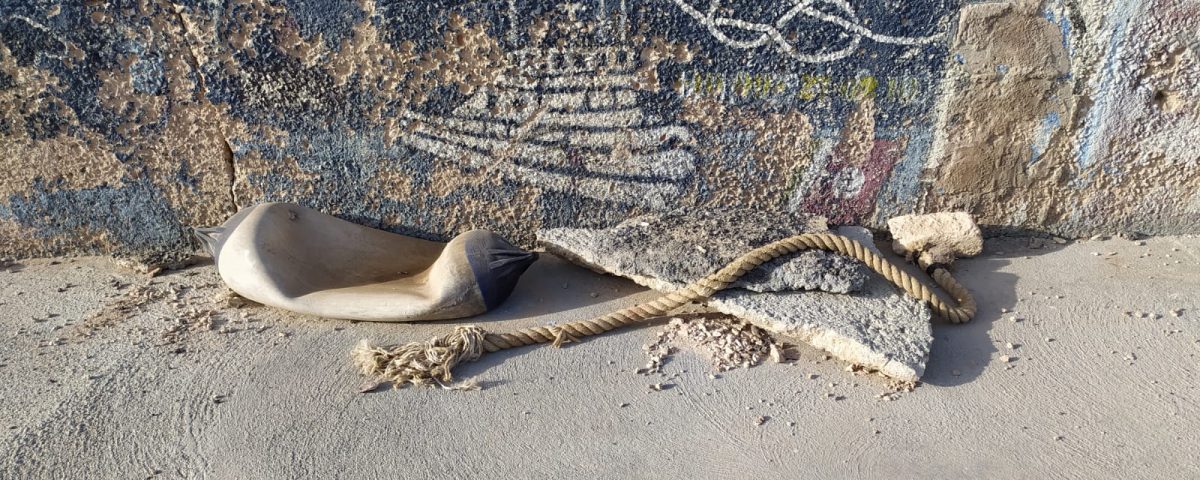- Mediterranean Hope - Federazione delle chiese evangeliche in Italia
- mh@fcei.it
Temptation Island
Leggi in Italiano
Lampedusa (NEV), 4 August 2021 – It is all too easy to talk about Lampedusa just in terms of the hordes of people who disembark there, their nationalities, and some of their “anecdotal stories”. Stories that they tell while they wait for a few minutes – if everything goes well – or a little longer standing on the Favaloro pier, or on the commercial pier, in the Lampedusian heat. After voyages lasting a day or many more, after crossing the vast kilometers that separate the island from Tunisia and Libya, and in some way from the true “South of the world”.
The police are waiting for them, the health staff who now perform swab tests and anti-Covid screening, and a few other people, mostly members of humanitarian organizations, including operators and the volunteers from Mediterranean Hope, the migrant and refugee program of the Italian Protestant churches. They ask for and receive water – to drink, but also to wash their face or cool their head a bit, after hours of travel at sea – a fruit juice and a soft toy if they are children, a smile from behind the mask.
There are only two public toilets at the pier, both in very poor condition, water trickles from the taps. Sometimes as many as 400 people arrive, after hours at sea on rubber dinghies, small boats or ships we do not see. We can only imagine the conditions of these voyages. They go to the bathroom at the island’s hotspot, the very first welcoming centre where migrants are identified. It can handle 200 people but comes to “welcome” more than a thousand, in these blisteringly hot days.
As a tourist destination, the island is also full of people. If it were the hotspot, we would say it is “collapsing”. Sometimes the power goes out. Via Roma, the central street for all the hustle and bustle at night, is heaving with thousands of holidaymakers. Cars, mopeds, crowds.
Do the migrants see them? Do they want to see them? There are those who inquire and go to the cemetery, accompanied by the operators of Mediterranean Hope and the Lampedusa Solidarity Forum – a network of members of the public who are committed to welcoming the arrivals – to visit the graves of the people who arrived dead at the pier. Of those whose names are known, of those to which it has been possible to give a face, they are very few compared to all the bodies that have, by now, dispersed, vanished, disappeared.
It is all too easy to talk about the gap between a world of people finally enjoying a vacation after a year of lockdown, perhaps in search of some beauty, and another world, a stone’s throw from this, of people who, in some cases, have nothing to lose.
The banality of trivialization.
It is not possible to draw a comparison between these two “worlds” so far apart.
At the cemetery on this small island there is a stele, with an aphorism from the book “Mestiere di Vivere” (“The Business of Living”) – the diary, and therefore perhaps the most intimate book – by Cesare Pavese: “What world lies beyond that stormy sea I do not know, but every ocean has a distant shore, and I shall reach it”.




